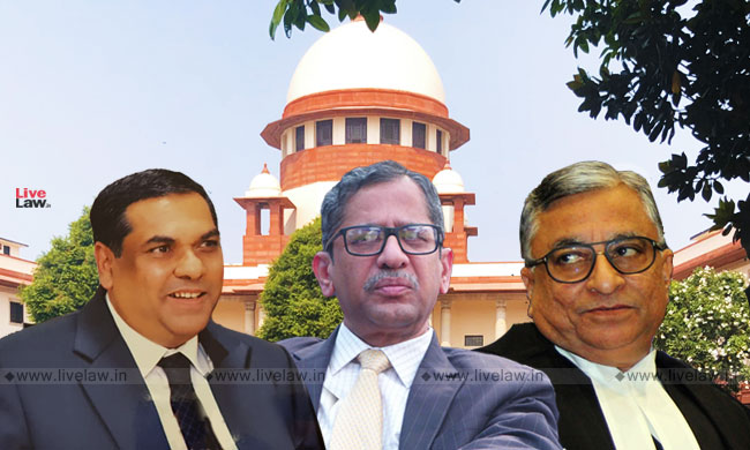Landlord-Tenant Disputes Under Transfer Of Property Act Arbitrable Except When Covered By Rent Control Laws : Supreme Court
LIVELAW NEWS NETWORK
15 Dec 2020 8:25 AM IST

The judgment on arbitration law decides several issues such as tests for arbitrability, who determines arbitrability, scope of enquiry under Sections 8/11, meaning of 'existence of arbitration agreement' etc.
Next Story


